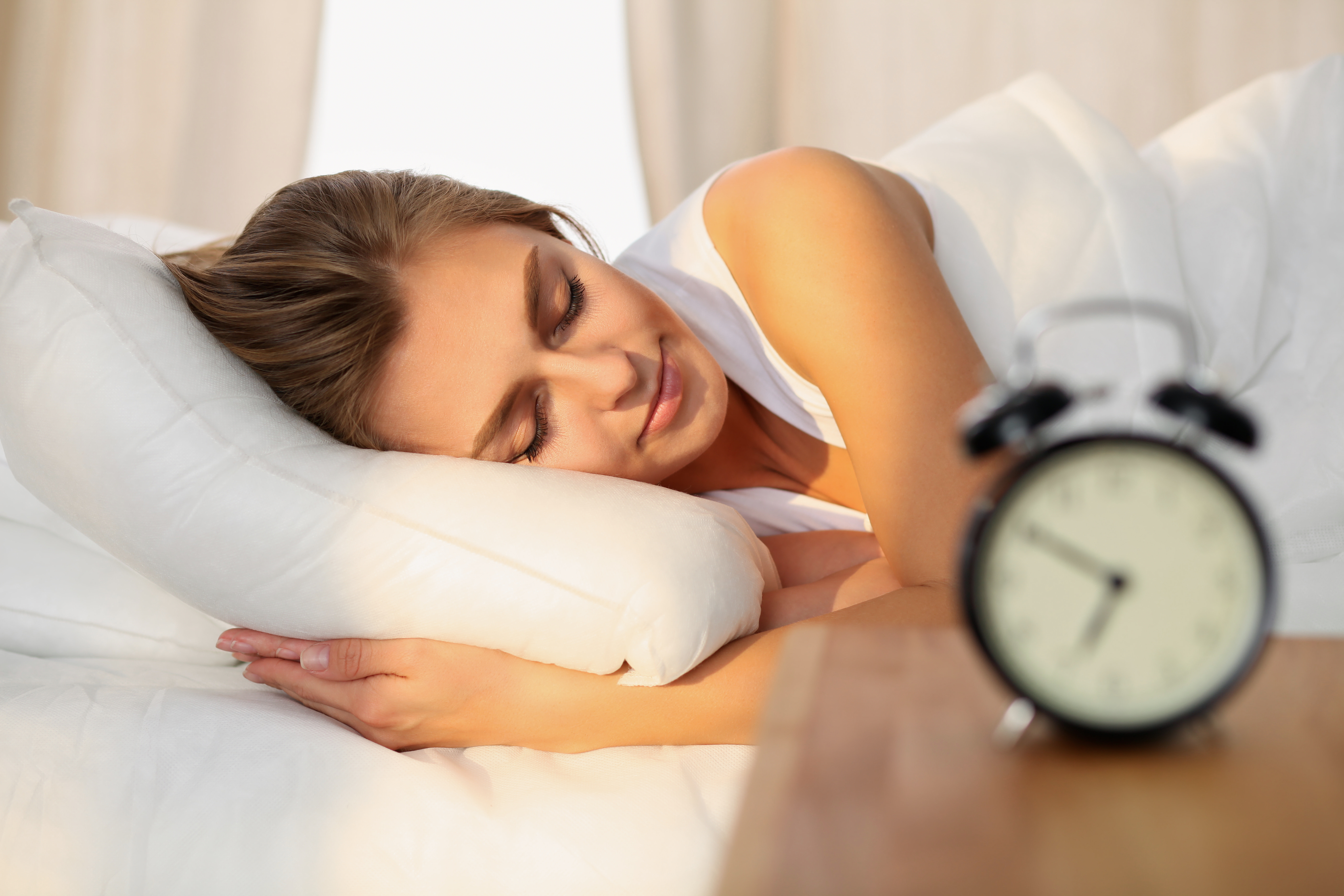Researchers at the University of Arizona found an association between sleep deprivation and the ability to recognize facial expressions. The study was based on data from 54 participants who were shown photographs of the same male face with varying degrees of fear, happiness, sadness, anger, surprise and disgust. Researchers found that facial expressions — such as an obvious grin or frown were easily identifiable regardless of how much sleep a participant got. However, participants who were deprived of sleep for one night had a harder time identifying facial expressions of happiness or sadness compared to when they were rested.
“As a society, we don’t get the full seven to eight hours of sleep that people probably need to be getting. The average American is getting a little less than six hours of sleep on average, and it could affect how you’re reading people in everyday interactions,” William D.S. Killgore, a professor of psychiatry, psychology and medical imaging at the University of Arizona, said in a press release. Killgore’s research builds on existing work on the effects of sleep deprivation on the brain’s ventromedial prefrontal cortex — an area that helps people make judgments and decisions using their emotions.
For more details see the information as published in the journal Neurobiology of Sleep and Circadian Rhythms.
